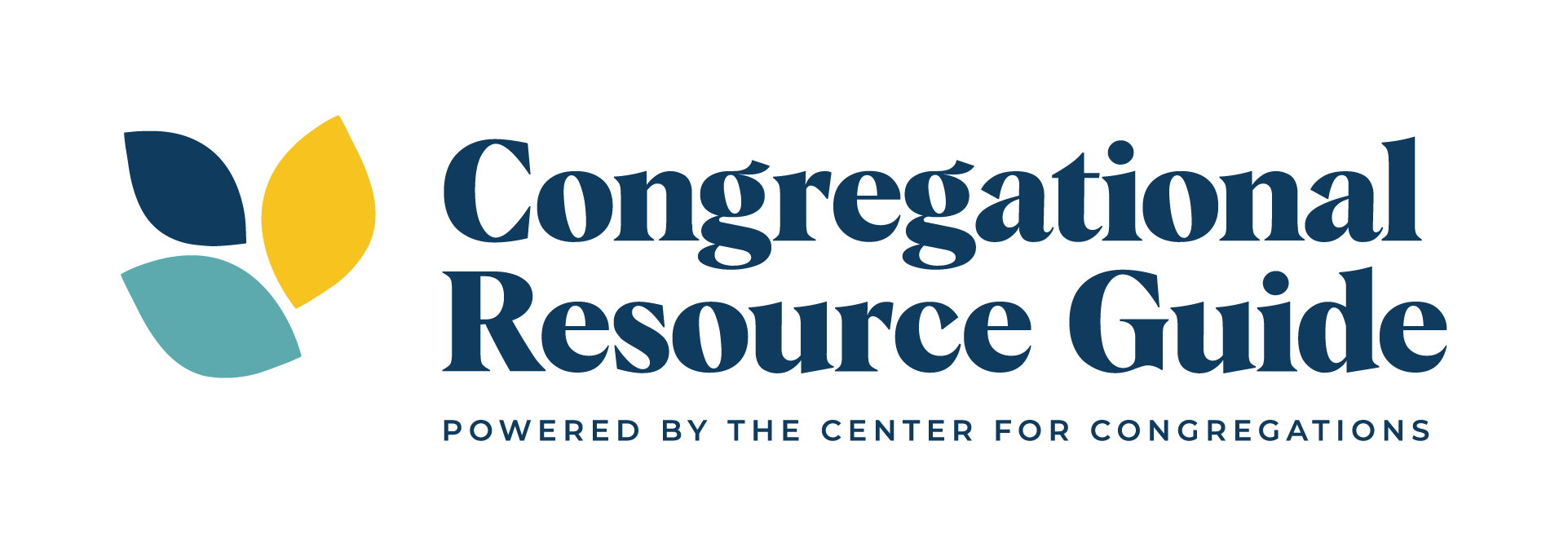Description
An interview with Bessel van der Kolk, a recognized compassionate psychiatrist and trauma specialist, about what happens in the body when we experience trauma and how it affects us in years to come. The interview has value for 2021 and far beyond.
Features
Discussion of how the different parts of the brain work to process trauma and how that relates to different parts of the body; observations of trauma treatment from deep pain to healing possibility; history of trauma diagnosis is traced to tremendously difficult experiences in war; thoughts on the power - both good and bad - of memory and the need to turn memories into stories; discussion of why yoga can help with processing through trauma
Practical Applications
- Most powerful if the podcast is listened to with those in small groups and then unpacked with a larger group, perhaps facilitated by a mental health professional.
- Clergy referring a parishioner who is processing trauma to listen to the podcast with a partner or trusted person.
- An appropriate referral by clergy who are typically not trained to respond to those with deep trauma but want to offer support.


